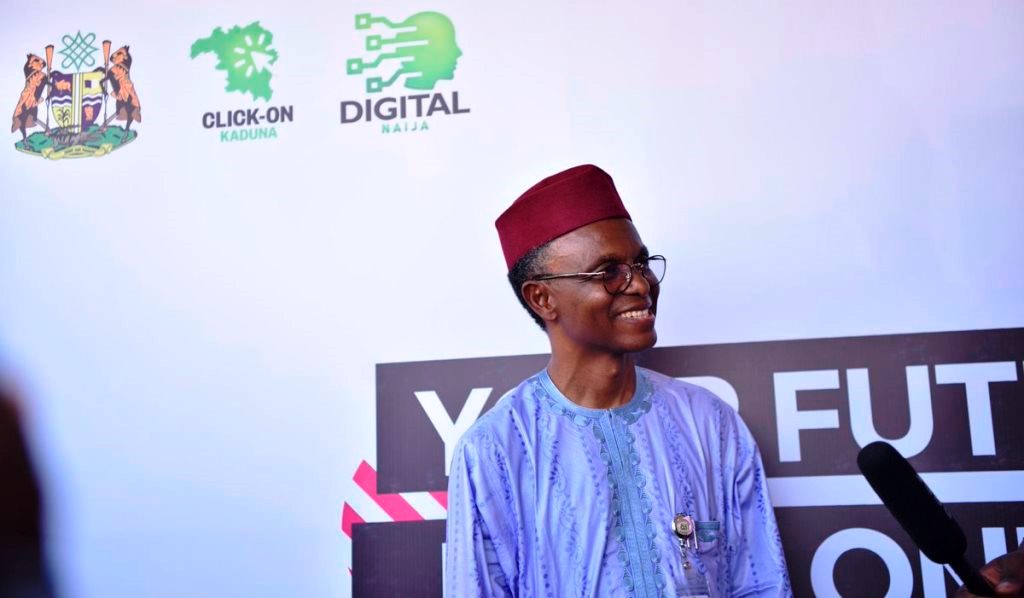A Belgium-based Non-Governmental Organisation, Digital African Woman (DAW), says it will begin a six-week digital business innovative training for 100 female entrepreneurs across the country in Kaduna.
The Creative Director of the organisation, Ms Claudia Chileshe, said on Friday in Kaduna that the training, which would commence on July 16, was being done in partnership with the Kaduna State Government.
Chileshe said that the training, tagged “Digital Business Innovative Training”, would empower the entrepreneurs on start-up pitch, branding and marketing, design thinking, pricing and sales logistics as well as product valuation, among others.
She said that Kaduna state was chosen because of its commitment to the development of its communities through empowerment of local female entrepreneurs.
“With the support of the Kaduna State Government, Digital African Woman is able to extend its reach to young female entrepreneurs both in Kaduna and surrounding states of Nigeria.
“The development will enable the entrepreneurs leverage more access to international networks, technical skills and visibility.
“It will result in having an outlet to grow their potential businesses and extend exposure to various investments opportunities using available digital platforms,” she said.
She said that an undisclosed award would be given to the most creative and innovative participant at the end of the training.
She commended the state government for strengthening business and job opportunities for Nigerians through initiatives like the DAW Conference and the just concluded “Click on Kaduna” where 900 youths were trained on virtual economy.
“Such efforts lend hope to the future of Nigeria as a whole and we look forward to a long-term partnership, and the achievement of set goals,” Chileshe said.
DAW is a social enterprise focused on inspiring, training and developing African women into the fields of technology and entrepreneurship.
Its mission is to develop and support innovation for female-led businesses across Africa and the diaspora through active training in digital skill development and business ideation.


